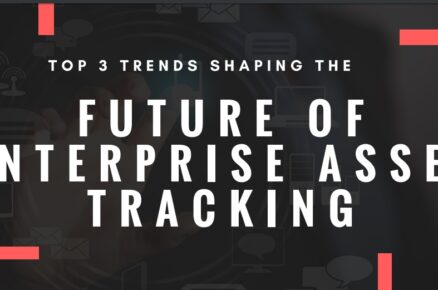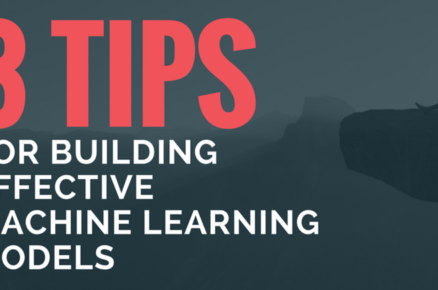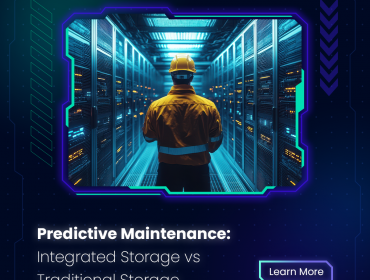There’s no doubt Big Data is an exploding practice today. Each year as of late, companies are devoting more of their time and budgets to harnessing and understanding the troves of data around them both inside and outside their organizations.
Cities are using data discovery techniques to examine the myriad of ways small changes can impact a big urban centers. The Urban Center for Computational Data talks about computer models helping cities to figure out how things like a new bus line might impact crime, employment, and energy usage in parts of a city.
4. Entertainment
Hollywood producers, studio executives, and major film financiers are increasingly turning to analytics to guide them in the creation of screenplays. Vinny Bruzzese, a former statistician and the “reigning mad scientist of Hollywood,” is majorly cashing in on the available pool of existing data pulled from hundreds of years of movies to point out both minute and major details that could lead to a film’s epic success or disappointing flop.
5. Consumer Products
Everyone talks about how Corporate America is going gaga over Big Data and the possibilities for better understanding consumer behavior. The tremendous rise in online shopping has created piles of data to better understand what consumers want and how they shop. It even allows companies to customize their pricing models based on who is shopping and when they want to buy. But, the real leap is known as The Internet of Things. It is a term that refers to everyday objects collecting data about us. Just about every product we use is slowly being adapted to act “smarter” and learn what we want. It isn’t just obvious stuff; like our cell phones tracking where we are at any given moment or the smart meter on your house knowing when you are around to control the temperature and energy; it is far more subtle. How about a toothbrush that knows how and when you brush your teeth? What if your car insurance company could change your rates by tracking exactly where and how you drive? We are rapidly reaching the day where everything we own will be some kind of device for collecting data on us, data that will be used to customize all kinds of products so they will work better for us.
6. Improving Sports
Most elite sports have now embraced big data analytics. We have the IBM SlamTracker tool for Tennis tournaments, we use video analytics that track the performance of every player in a football or baseball game, and sensor technology in sports equipment such as basket balls or golf clubs allows us to get feedback (via smart phones and cloud servers) on our game and how to improve it. Many elite sports team also track athletes outside of the sporting environment – using smart technology to track nutrition and sleep, as well as social media conversations to monitor emotional wellbeing.
7. Improving Security and Law Enforcement
Big data is applied heavily in improving security and enabling law enforcement. I am sure you are aware of the revelations that the National Security Agency (NSA) in the U.S. uses big data analytics to foil terrorist plots (and maybe spy on us). Others use big data techniques to detect and prevent cyber attacks. Police forces use big data tools to catch criminals and even predict criminal activity and credit card companies use big data use it to detect fraudulent transactions.
Source: http://www.smartdatacollective.com/
http://insights.wired.com/










